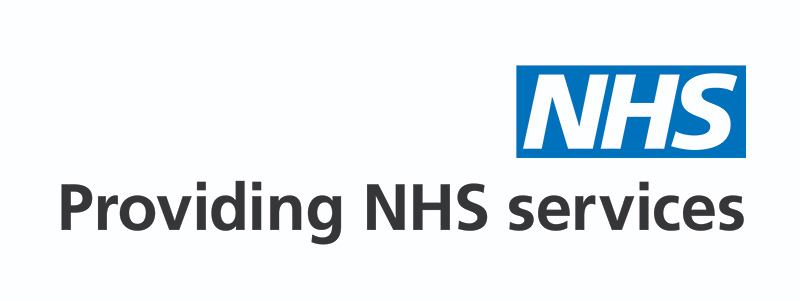North Beverley Medical Centre
Pighill Lane
Off Woodall Way
BEVERLEY
HU17 7JY
Telephone: 01482 882546
Medical Emergencies dial 999
Out of Hours: dial 111

North Beverley Medical Centre
Pighill Lane
Off Woodall Way
BEVERLEY
HU17 7JY
Telephone: 01482 882546
Medical Emergencies dial 999
Out of Hours: dial 111

The NHS Long Term Plan has set two significant ambitions for improving cancer outcomes. By 2028, the aim is to increase the proportion of cancers diagnosed at stages 1 and 2 to 75%. By 2028 55,000 more people will survive their cancers for at least five years post-diagnosis.
Early diagnosis is the key to improving survival outcomes. Where cancers are detected early, an increased range of treatment become are available -thus improving long-term survival and quality of life. The NHS has a wide range of interventions available designed to increase the proportion of cancers that are diagnosed at an early stage.
Primary care has a vital role to play in the efforts to improve outcomes by improving referral practices for suspected cancers. Key to these efforts will be the encouragement of uptake for national cancer screening programmes. Cancer Alliances are active at local level in seeking to achieve the national objectives and we will support those efforts.
Cancer screening is the process of checking people who have no symptoms for abnormal cells that may become cancer. A number of screening tests have shown that they can reduce the chance of dying from that cancer through early detection.
Bowel cancer screening aims to detect bowel cancer at an early stage and where there are no symptoms. At this point, treatment is more likely to be effective.
Bowel cancer screening is available for all men and women aged 60 to 74 years. When the test is due, patients are sent a kit through the post with full and easy instructions. The screening test detects tiny amounts of blood in bowel motions that are not visible. Tests are carried-out by the patient in the privacy of their home. The kit supplied through the post provides a very simple way of collecting a small bowel motion sample.
This is then placed into a container and returned to the lab in the special envelope provided. The test takes only a few minutes and the results are known in the course of a few days.
Blood can be detected for a number of reasons. For example, blood can be the result of polyps which are not cancerous but can become so over time. In a small number of cases, blood can be a result of cancer. If blood is discovered, further tests are carried-out to find the cause.
If you have symptoms of bowel cancer at any age, always see a GP immediately and do not wait for a screening test.
Prostate cancer usually develops slowly. This means that signs may not appear for many years.
Breast screening is carried out by using x-rays called mammograms to detect cancers at a time when they are too small to be seen or felt.
All women between 50 and 70 years are invited every three years to attend for breast screening. Since the breast screening service rotates every three years, patients will that the first invitation will fall between a patient's 49th and 53rd birthday. In 2013, the service was extended to all women who fall within the screening groups of 47 to 73 and 71 to 73 years.
As a result of the phasing-in, only one of the new screening age groups will be invited along with all eligible 50-70 year-olds. Once they have reached the upper age group they are encouraged to continue with routine three-yearly screening by ringing the breast screening service for an appointment.
There are some risks with breast screening and more information can be found by clicking the Breast Screening How to Decide link on this page
Cervical Screening is not a test for cancer. It is a means of preventing cancer by detecting and treating early abnormalities which if left untreated - could lead to cancer in a woman's cervix - (the neck of the womb).
All women between the ages of 25 and 64 years are eligible for the cervical screening test - every three to five years. The programme is run by Primary Care Support England and they will contact patients due for screening by post asking them to contact their surgery.
Once the test has been completed, results are sent directly to the patient - usually within ten to 14 days.
Invitation Schedule
| AGE | INVITATION |
|---|---|
| Under 25 | Up to 1 month before 25th birthday |
| 25-49 years | every 3 years |
| 50-64 years | every 5 years |
| 65 years + | Only if one of last 3 tests were abnormal |
Cervical Screening Information
> CERVICAL SCREENING - EASY GUIDE> CERVICAL cancer symptoms NHS> HAVING A SMEAR TESTGynaecological Cancer
> gynaecological cancer SYMPTOMS